A Beginner’s Guide to Specialty Coffee Explained Simply
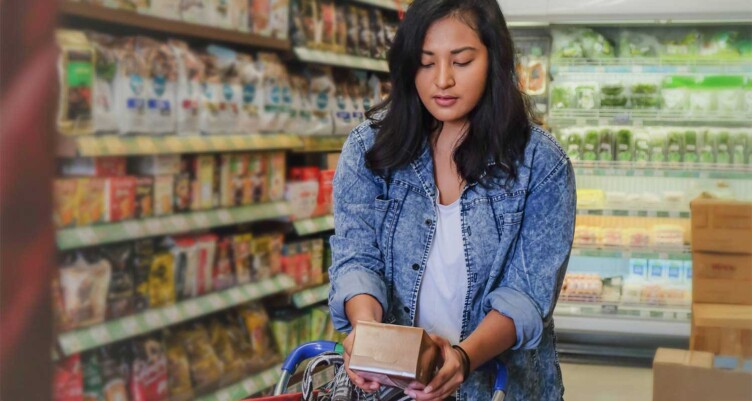
- Specialty coffee is the highest quality coffee available.
- It defines any coffee that scores 80 points or higher out of a possible 100, as evaluated by the Coffee Specialty Association (CSA).
- Specialty coffee is roasted to perfection with art and craftmanship. The result? Exceptional flavor sustainability and traceability.
While most people think of coffee as simply “good” or “bad,” there’s a whole world that goes beyond your average cup of Joe—it’s called specialty coffee.
The term may sound intimidating, but it simply means coffee that’s been handled with care from start to finish—or from farm to table. It’s the highest quality coffee you can drink, as officially graded by the professional coffee tasters at the Coffee Specialty Association (SCA).[1]
Looking to go from coffee lover to coffee aficionado? Keep reading for a beginner’s guide to specialty coffee, including what makes it so special and how to sip only the good stuff.
What is Considered Specialty Coffee?
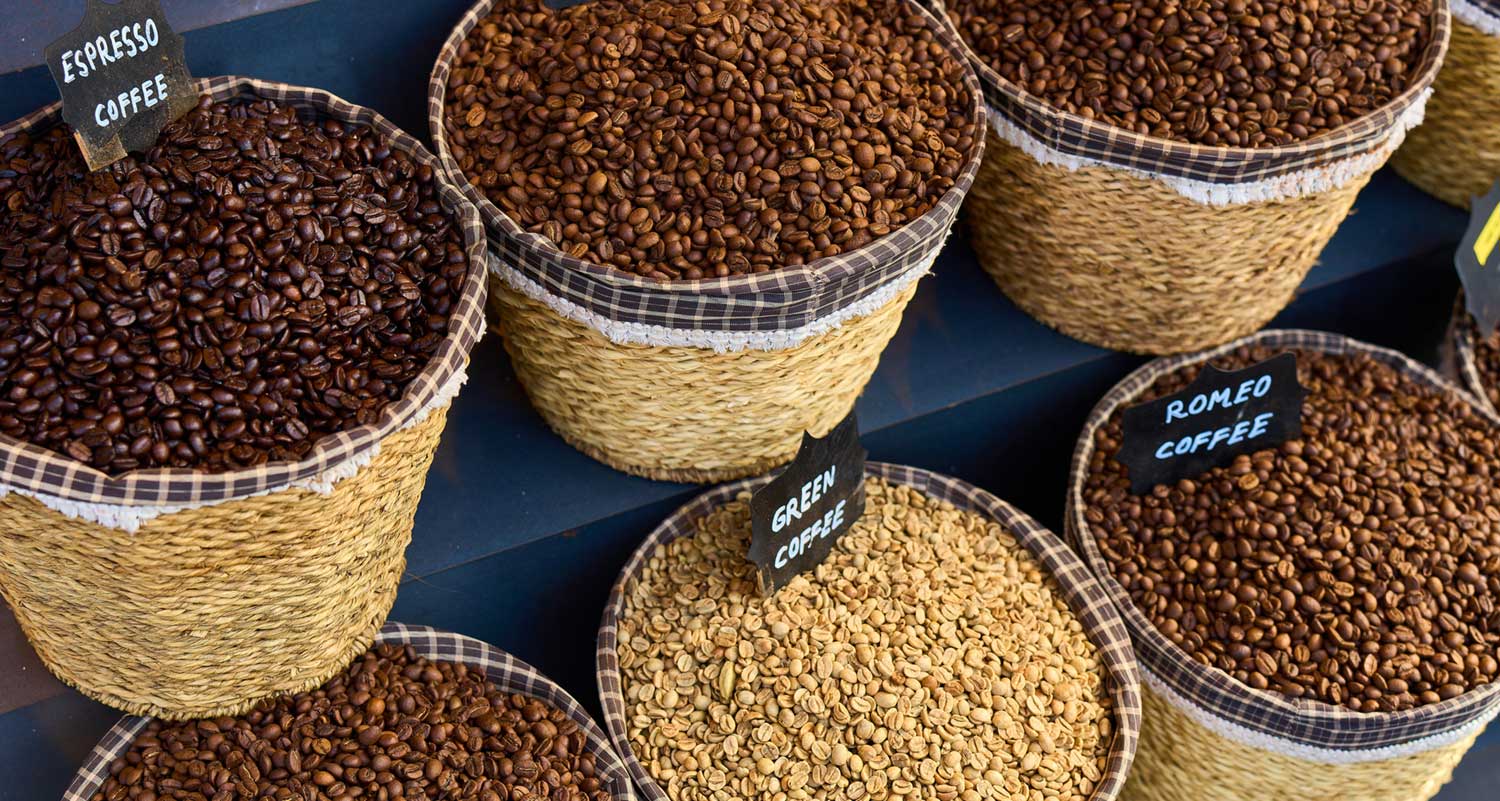
Many coffee brands claim to serve the best coffee, but only specialty coffee backs it up with real credentials. Specialty coffee is defined as the highest grade of coffee.
This title isn’t given lightly—only coffees that score 80 or higher on a 100-point scale can be called specialty coffee.[2]
Scores over 80 are defined as follows:
- 80-84.99 – Very good
- 85-89.99 – Excellent
- 90-100 – Outstanding
In recent years, the SCA has updated its grading system with the Coffee Value Assessment. In this inclusive system, the evaluated coffee attributes go beyond taste.
This new framework uses these four assessments to grade coffee:
- Physical Assessment: One bad apple spoils the bunch. Similarly, one bad coffee bean can throw off a whole cup. That’s why the certified Q graders (professional coffee testers) carefully judge the physical characteristics of both green (raw) coffee beans and roasted coffee beans. This includes the number of defects, moisture content (too much moisture could increase the risk of mold) and the size of the beans.
- Descriptive Assessment: This focuses on the sensory attributes of coffee, such as the flavor, aroma, sweetness, acidity and aftertaste.
- Affective Assessment: This unique assessment focuses on how people feel about coffee. Do they love it? Do they buy it even if it doesn’t score high on paper?
- Extrinsic Assessment: Non-physical attributes are at play here, such as traceability. Traceability is coffee that’s transparent about its entire process, from seed to harvesting to ending up as the delicious brew in your mug.
What Makes Specialty Coffee Different?
From the bean quality to the ideal growing conditions to the skilled hands that harvest each bean, a lot goes into making specialty coffee stand out from the crowd.
Specialty coffee vs regular coffee
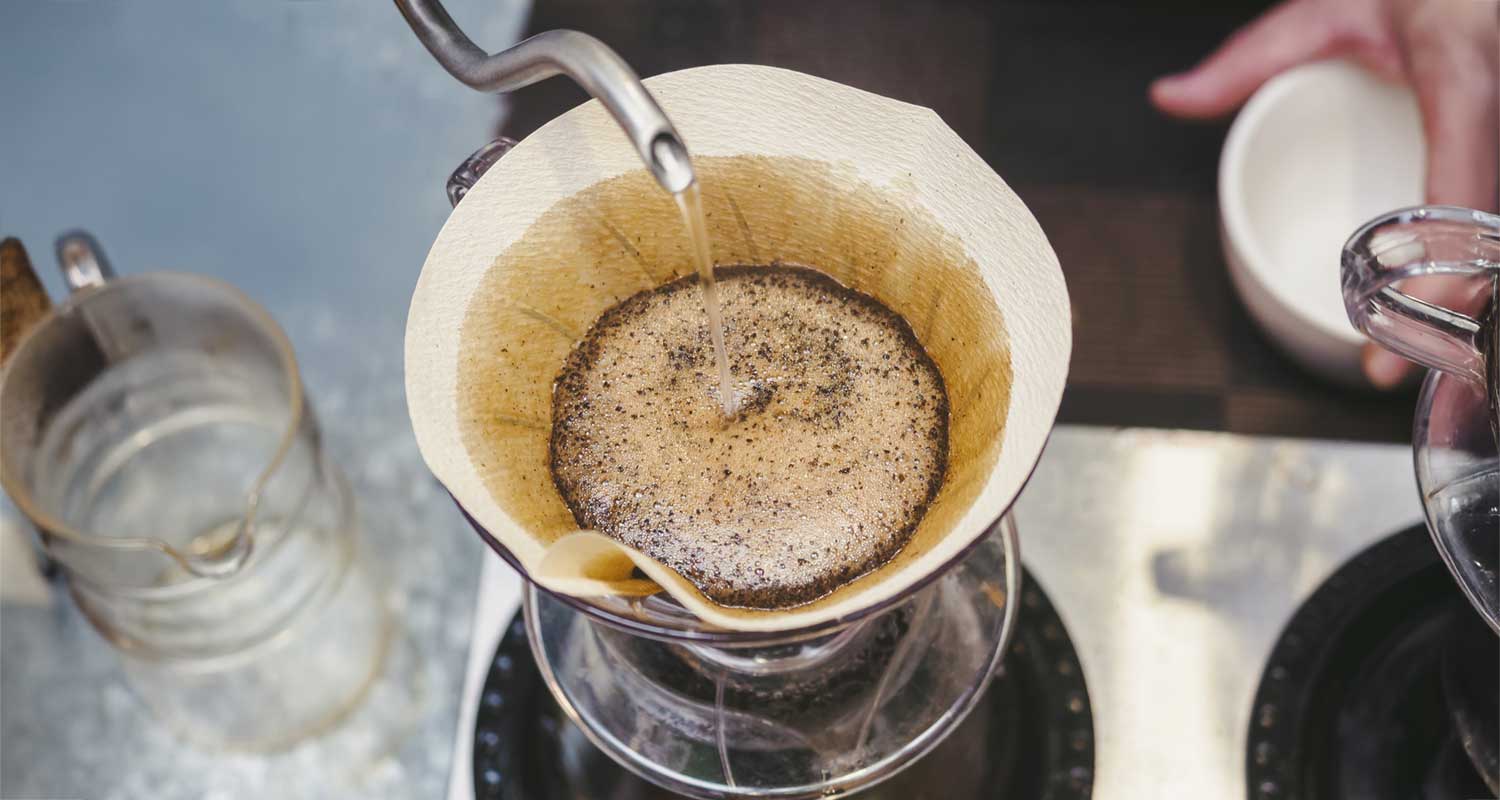
While your average grocery store brew has its perks, specialty coffee is a notch above the rest.
Here’s what sets them apart:
- Bean Quality: Regular coffee (commodity coffee) is typically made from a blend of low-quality Arabica and Robusta beans. Specialty coffee is in a league of its own by being made with only the best Arabica beans, which are picked at peak ripeness.
- Roasting and Flavor: Coffee roasters use special techniques to bring out a bean’s natural flavors and aroma. This includes roasting in small batches. Regular coffee, on the other hand, often roasts coffee in large batches to save time and money. Unfortunately, flavor takes a backseat as a result.
is Bulletproof coffee specialty coffee?
Yes, Bulletproof coffee isn’t your ordinary cup of Joe. Our 100% arabica coffee beans go through several steps of specialty sourcing and quality control before they arrive in your kitchen ready to brew. Learn more about how our clean coffee is made here.
Types of Specialty Coffee
Not all specialty coffee is the same–some are fruity, others bold. Each type brings something unique to your mug.
Here’s a closer look at the most common types:
- Single-Origin Coffee is exactly as it sounds: beans grown in one specific farm region or country. This results in a distinct flavor profile that reflects its origin—like the fruity and floral flavor of Ethiopian coffee or the rich, caramel sweetness of Colombian coffee.
- Microlots are small-batch coffees harvested from a specific area on a single farm. While these “limited edition” batches are small, they are meticulously produced with exceptional care, resulting in a standout flavor and quality.
- Blends occur when coffee roasters mix two or more single-origin coffees to create a unique flavor profile. This is where coffee roasting becomes both an art and a science.
Why Specialty Coffee Costs More (and Is Worth It)
Good things in life aren’t cheap. So, while specialty coffee costs more than regular, it’s worth every sip. Here’s why:
Ethical sourcing
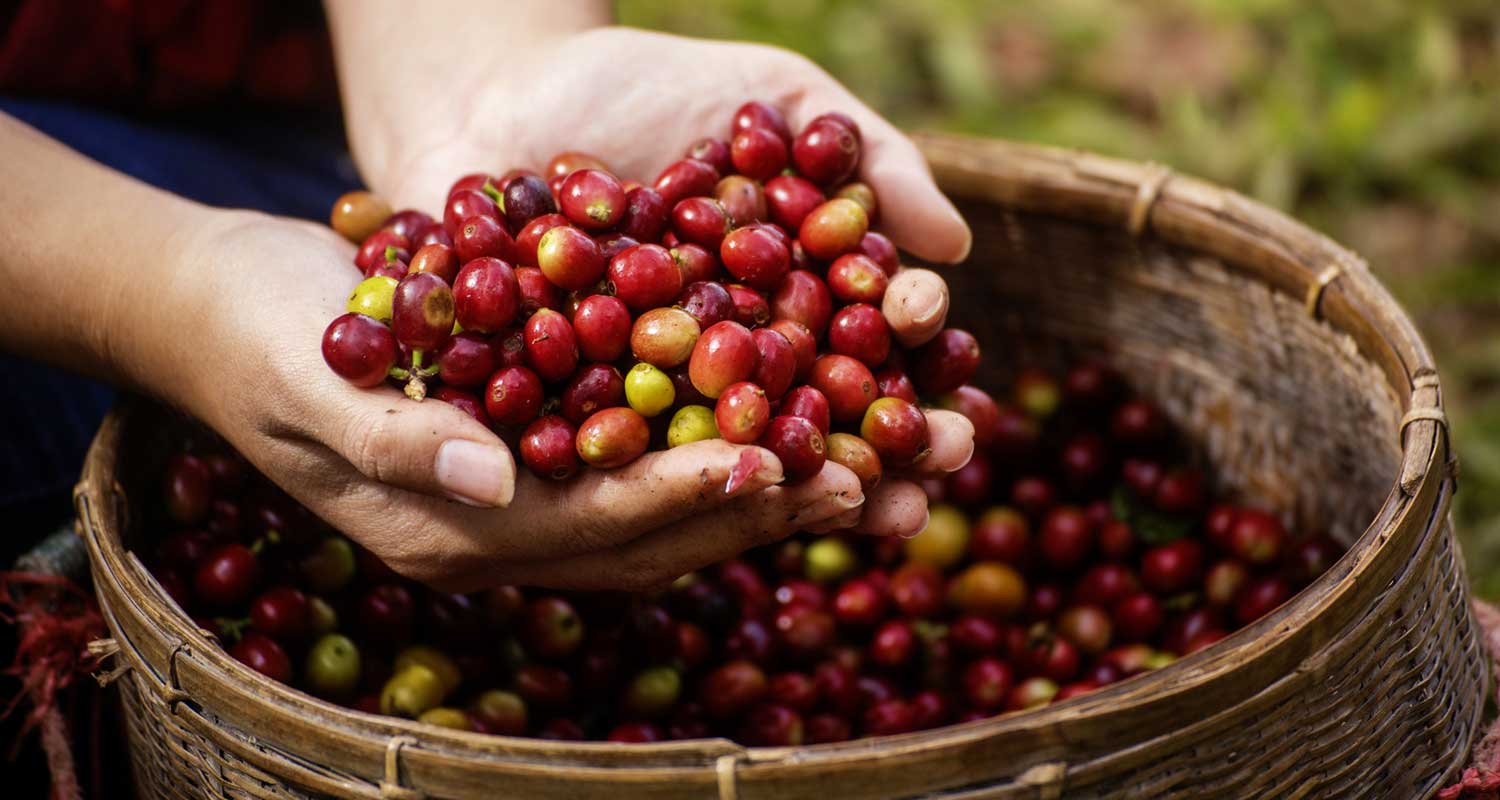
Farmers are the heart of the coffee industry. As such, they deserve to be treated with the same care that went into making your favorite coffee. This is where ethical sourcing comes in, as it means that farmers are paid a fair and sometimes above-market value for their exceptional beans.[3]
If you want to support ethical sourcing, look for a third-wave coffee roaster. This is a movement to produce the freshest and highest-quality coffee by sourcing coffee beans in an ethical and sustainable way. Third-wave coffee roasters have elevated coffee to an artisanal level, much like wine or craft beer.
Coffee processing
Although they’re called coffee beans, they’re actually the seeds of coffee cherries, a fruit that grows on coffee trees and shrubs. Processing refers to farmers removing the bean from the fruit.[4]
There are three main processing methods for specialty coffee:
- Washed (wet): The fruit is removed before drying the coffee bean
- Natural (dry): The bean is dried with the fruit still intact
- Honey Process: A mixture of both wet and dry methods
Quality assurance
Plenty of coffee brands claim to serve the best coffee, but only specialty coffee has the credentials to prove it. When you drink specialty coffee, you’re drinking coffee that has been held to strict quality standards by the SCA. This assures you that your cup isn’t just good—it’s the best.
How to Start Exploring Specialty Coffee
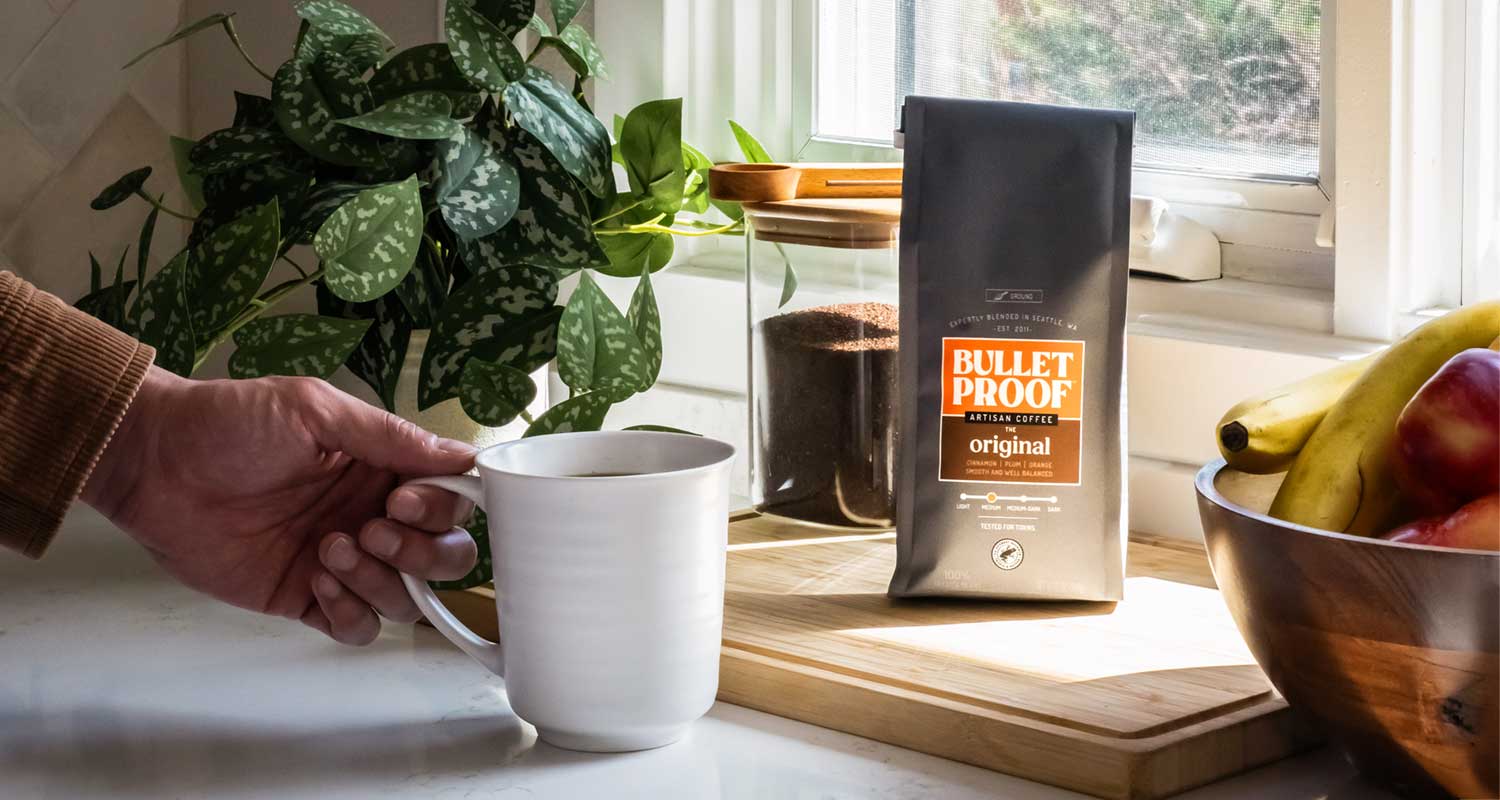
The world of specialty coffee opens endless possibilities for exploration. But there’s a lot to unpack before you go shopping.
Use these tips to pick the perfect bag every time:
- Labels: Specialty coffee roasters are loud and proud about their coffee. You should see things on the label, like the coffee origin, whether it’s single-origin or a blend, tasting notes and processing methods.
- Roasters: Specialty coffee is more expensive, so be wise about how you spend your money. Research the company to learn about where they source their coffee, whether it’s ethically and sustainably sourced, customer service reviews and their products.
- Certifications: In addition to the SCA certification, look for the Rainforest Alliance. We source our coffee beans exclusively from Rainforest Alliance Certified farms that adhere to sustainable practices that benefit the environment and the workers.
Sign up for early access to sales, product launches, the latest Bulletproof news and more!



